The Impact of Sports on Academic Achievement: Turning Practice Into Performance
Chosen theme: The Impact of Sports on Academic Achievement. Explore how training sharpens focus, builds discipline, and energizes learning. Join our community, subscribe for weekly play–study strategies, and share your own routines so others can learn from your wins and wobble-moments.
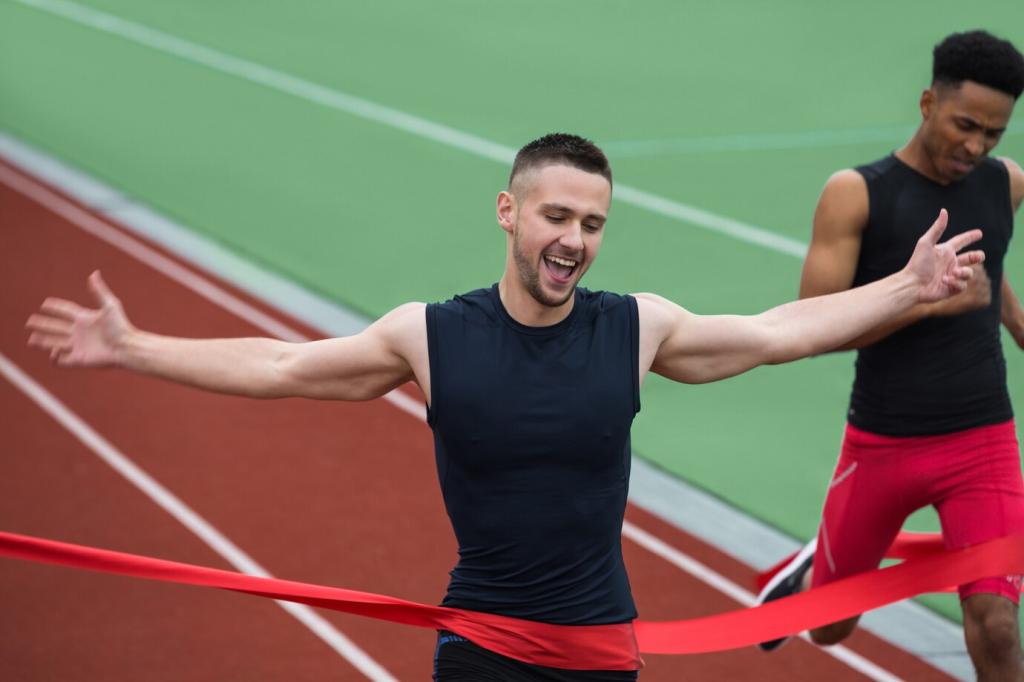
Why Sports and Grades Can Rise Together
Practice schedules teach planning, prioritizing, and task-switching—skills the brain uses to manage assignments and exams. Research suggests regular physical activity supports attention, working memory, and mood, creating conditions where studying feels more focused and less overwhelming.
Time Management Learned Between Whistles
Designing a Weekly Plan You’ll Actually Follow
Start by mapping practices, games, and commute times. Add fixed study windows near your natural peak focus. Keep buffers for travel delays and recovery. A consistent, visible plan reduces decision fatigue and frees energy for learning instead of last-minute scrambling.
Micro-Goals, Macro-Results
Break assignments into actionable chunks aligned with practice days. For example, outline essays on light training days and draft after rest days. Completing micro-goals builds momentum, so even intense competition weeks still produce meaningful academic progress without burnout.
The Transition Ritual That Saves Evenings
Create a two-minute switch: hydrate, stretch, breathe, then write a top-three task list. This ritual signals your brain that practice is done and studying begins. It prevents aimless scrolling and protects your most valuable evening focus time.

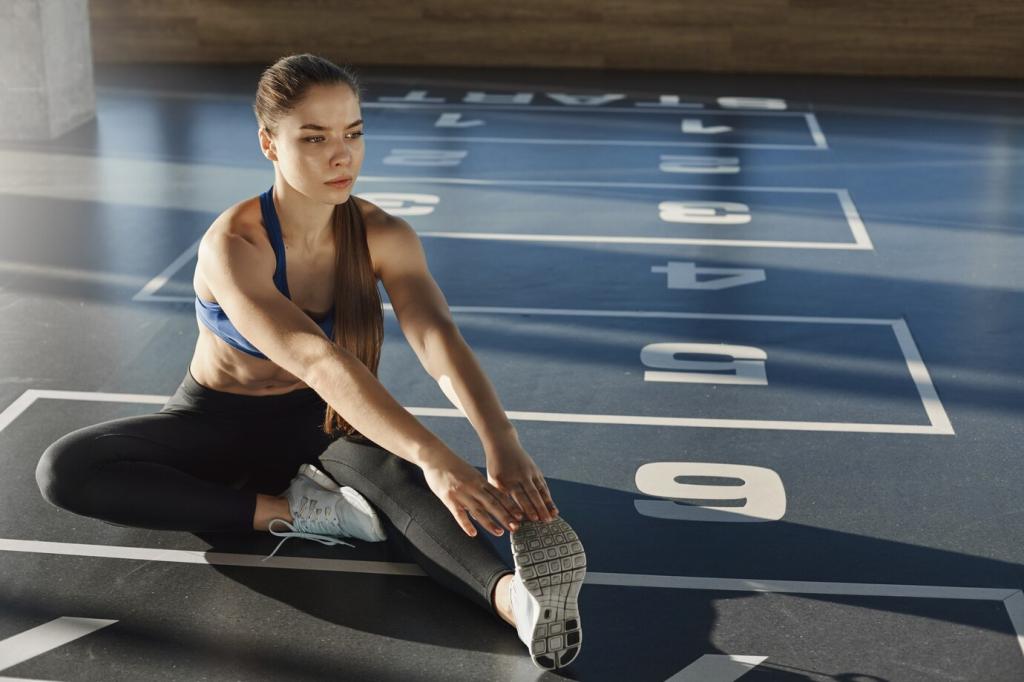
The Science: Movement That Primes the Brain
Aerobic exercise is associated with increased brain-derived neurotrophic factor, a protein linked to neural plasticity. Students often report crisper recall after steady movement. Pair moderate workouts with spaced repetition to reinforce pathways that help facts stick during tests.
The Science: Movement That Primes the Brain
You don’t need all-out sprints daily. Consistent, moderate sessions can boost mood and attention without exhausting you for homework. Many students thrive with alternating intensities across the week, preserving energy for reading-heavy nights or problem sets after games.
Character Skills That Transfer to Classrooms
Growth Mindset Forged in Repetitions
Athletes learn improvement is earned rep by rep. Translating that mindset to calculus or chemistry reframes mistakes as data, not doom. Students who analyze errors—like reviewing film—tend to adjust faster and retain strategies across courses.
Communication, Feedback, and Group Projects
Calling plays teaches clarity and listening. In labs or presentations, that same directness speeds collaboration. Practice short feedback loops: ask a precise question, apply one suggestion immediately, and reflect. It keeps teams—and study groups—moving forward without confusion.
Resilience After Loss, Persistence After Low Scores
A tough defeat and a disappointing midterm trigger similar emotions. Athletes already rehearse recovery: decompress, review, reset. Reuse that cycle academically by writing a brief post-mortem, updating strategies, and scheduling a small, quick win to restore momentum.
Play–Study Blueprints for Every Stage
Short practices and playful drills pair well with read-aloud time and curiosity-driven projects. Keep homework light, movement frequent, and bedtime consistent. Celebrate effort and exploration so enthusiasm for sport and school grows together, not in competition.
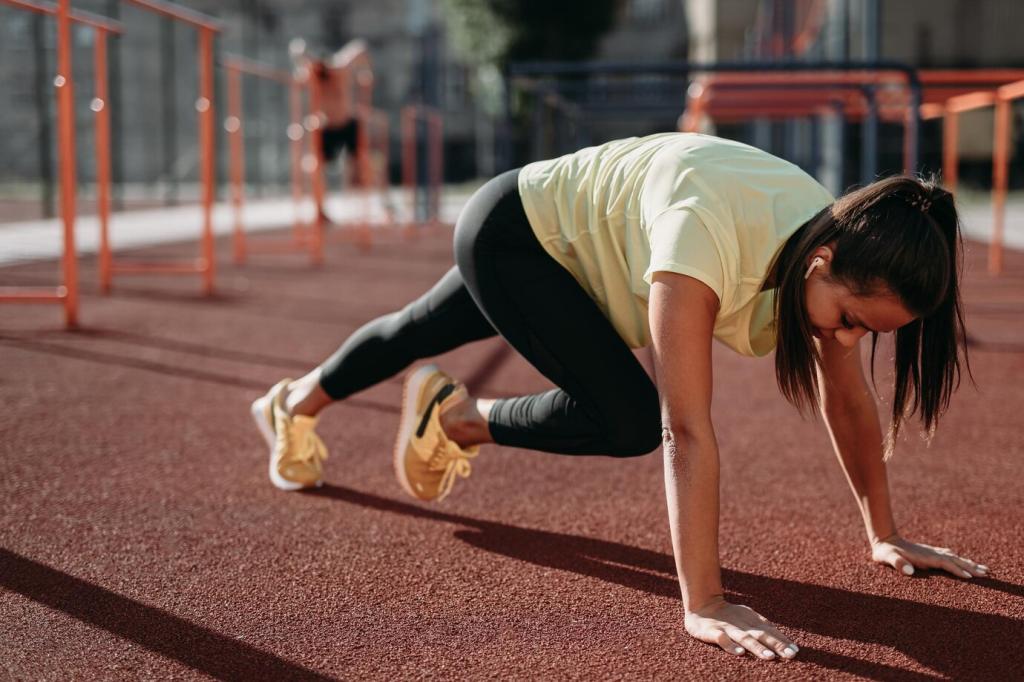
Inclusive and Accessible Pathways
Community leagues, open-gym hours, and equipment libraries reduce barriers. Small investments—loaner gear, shared transportation—unlock big gains in engagement. Schools that publish clear, affordable options often see increased participation and steadier classroom attendance throughout the term.
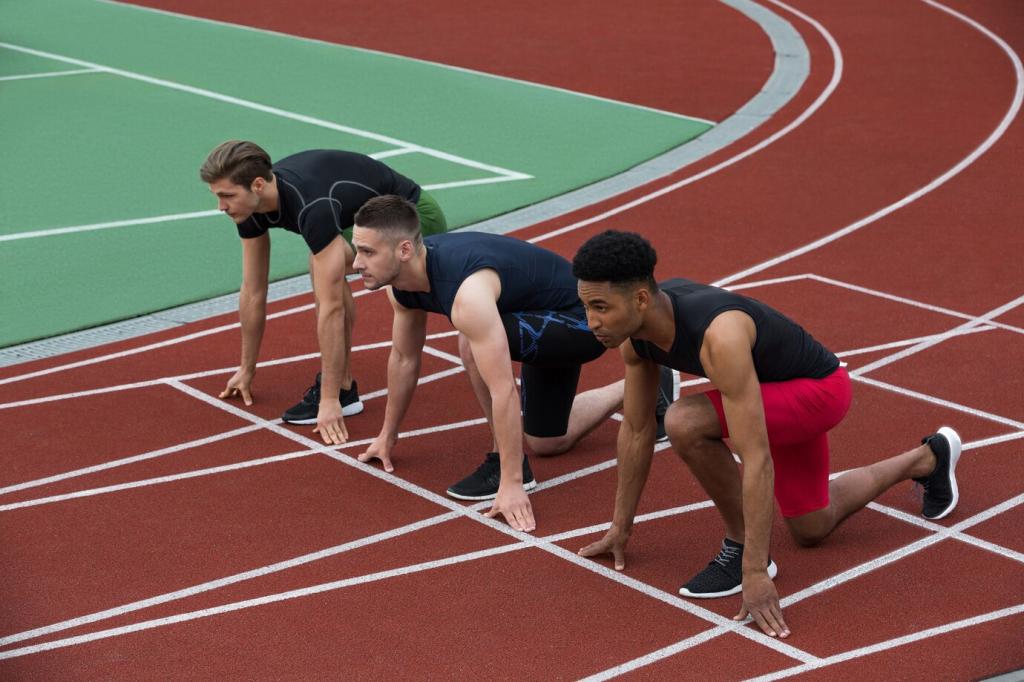
Coaches, Parents, and Students: A Shared Game Plan
Agree on minimum study hours, progress updates, and communication channels. Brief weekly grade check-ins keep surprises off the scoreboard and teach students to advocate early, request help, and plan for peak academic weeks without sacrificing health.
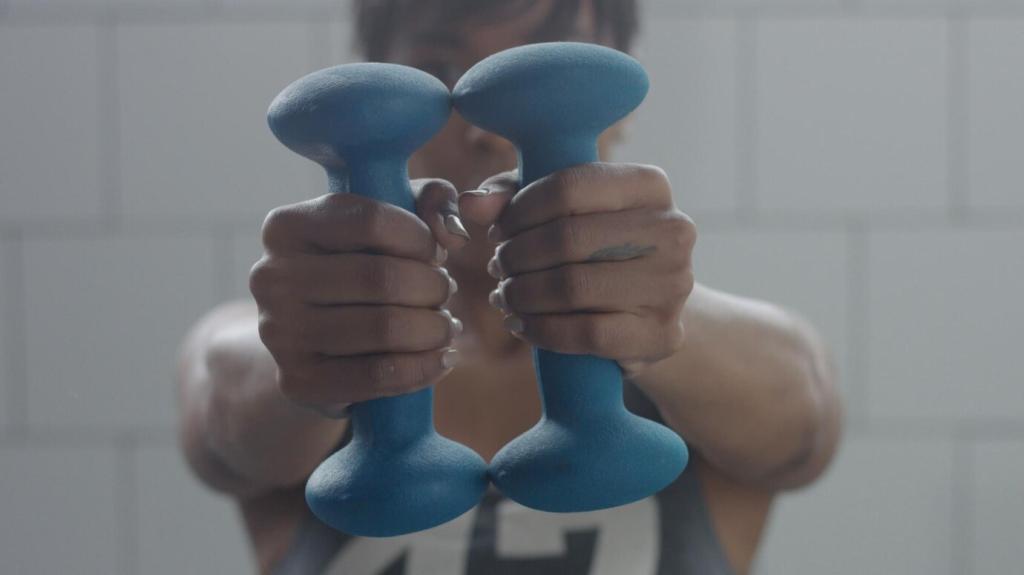

Coaches, Parents, and Students: A Shared Game Plan
Quality sleep and nutrition are competitive advantages in class and competition. Set curfews on late practices during exam weeks, plan simple recovery meals, and block phone-free wind-down time. Consistency here compounds into calmer mornings and clearer thinking.
